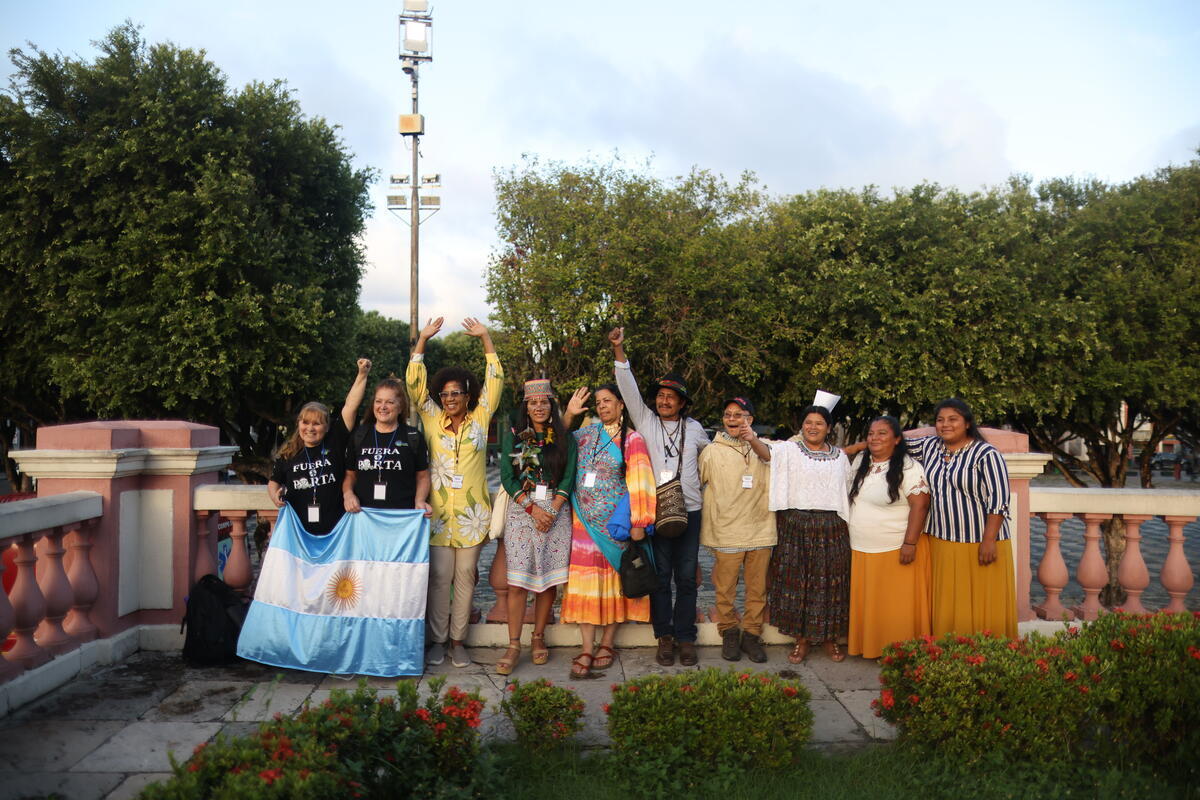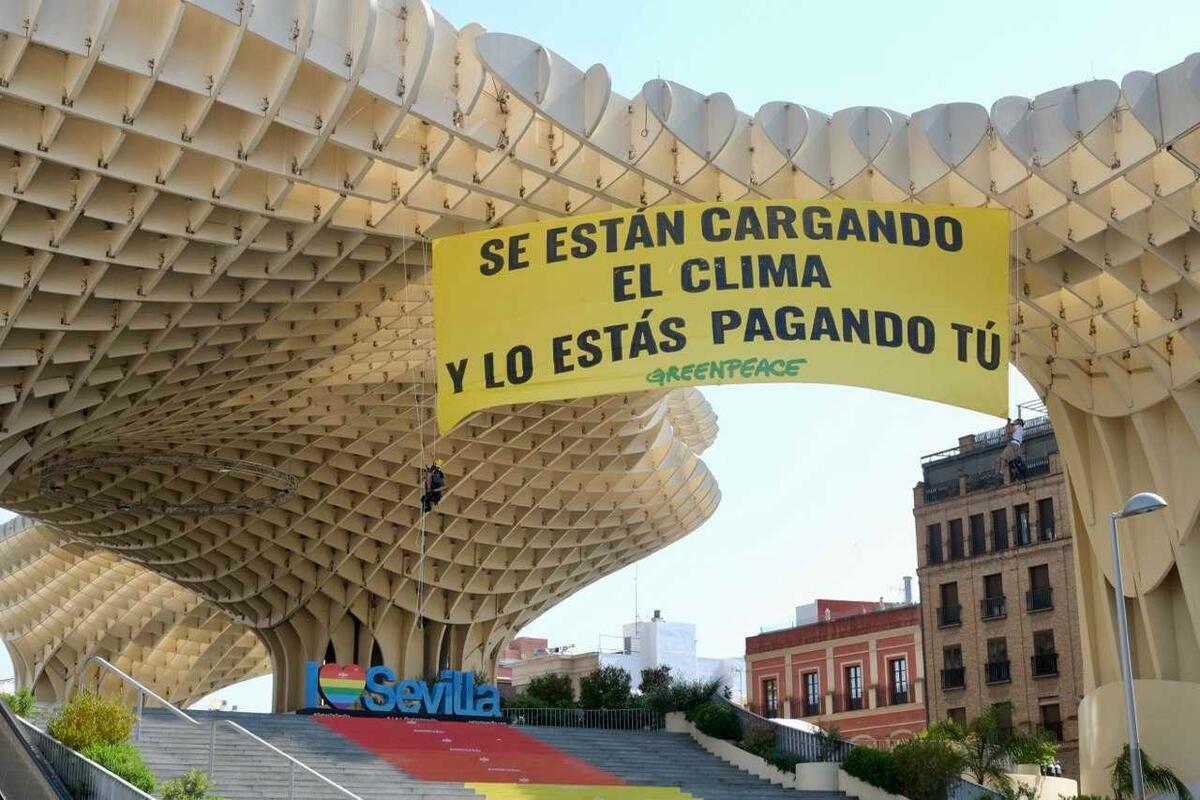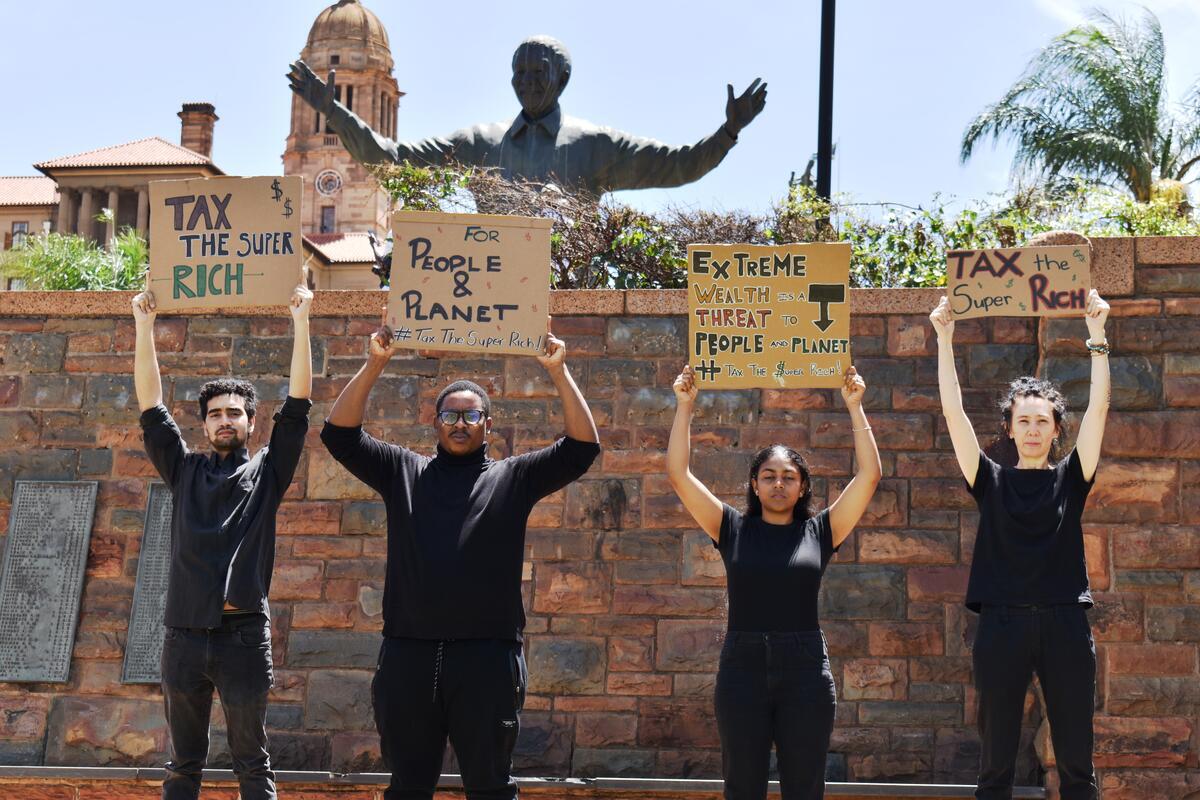Zimbabwe is a small country often known for its political and economic drama. But for those who truly know the country, they will tell you about its friendly people and idyllic weather. My father would often comment on just how perfect the weather in Zimbabwe was.
It’s hard to believe those words are describing the country I am seeing on the news right now. Cyclone Idai has left a path of complete destruction in Mozambique, Malawi, and Zimbabwe. Millions are affected and the death toll and devastation continues to rise. The UN says this may be the worst disaster to ever hit this region.
Worst but not the first. Extreme weather events have been increasing in the region over the years:
- This planting season, Zimbabwe experienced a mid-season drought caused by unusually high temperatures, threatening the harvest.
- In 2000 both Mozambique and Zimbabwe were battered by Cyclone Eline.
- And experts say the drying up of Malawi’s Lake Chilwa has increased due to climate change.
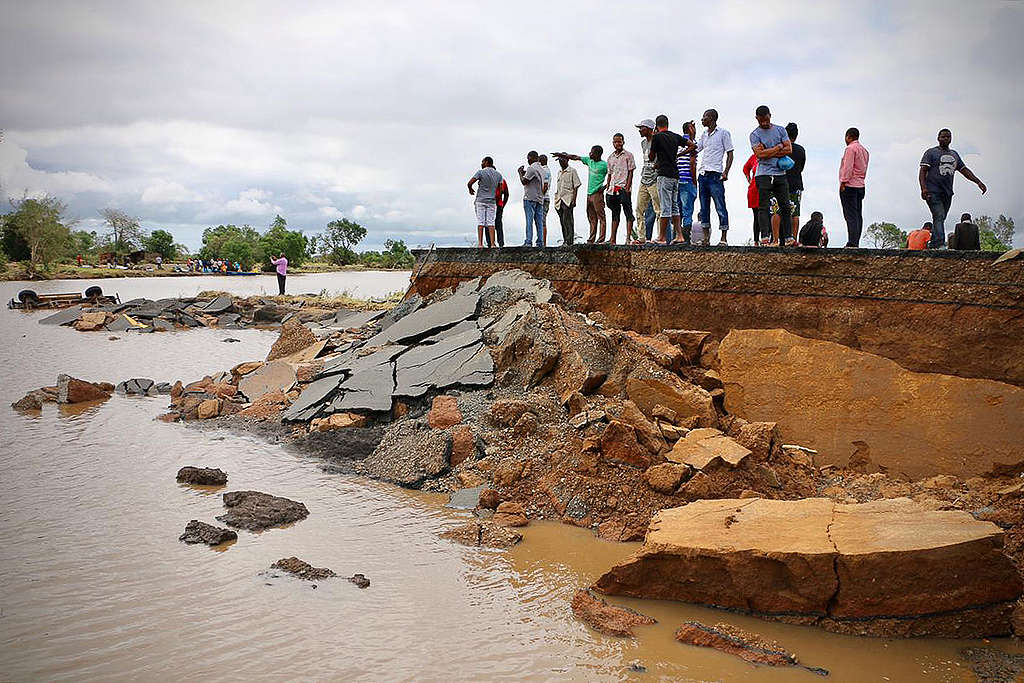
Locals stand beside a damaged section of the road between Beira and Chimoio in Nhamatanda district, central Mozambique, on March 19, 2019, after the area was hit by the Cyclone Idai.
The beautiful northeastern region of Zimbabwe, Chimanimani, home to lush green mountain ranges, is the hardest hit in the country. Roads, phone lines and homes have been destroyed and lives have been lost. Like many Zimbabweans in the diaspora, I felt frustrated being so far from home.
But after posting a plea on social media to find out how I could help, I was overwhelmed by the response. Despite the difficulties facing many in Zimbabwe, individuals, organisations, communities across the country came together and used their collective power to mobilise in mass and provide relief to those most affected.
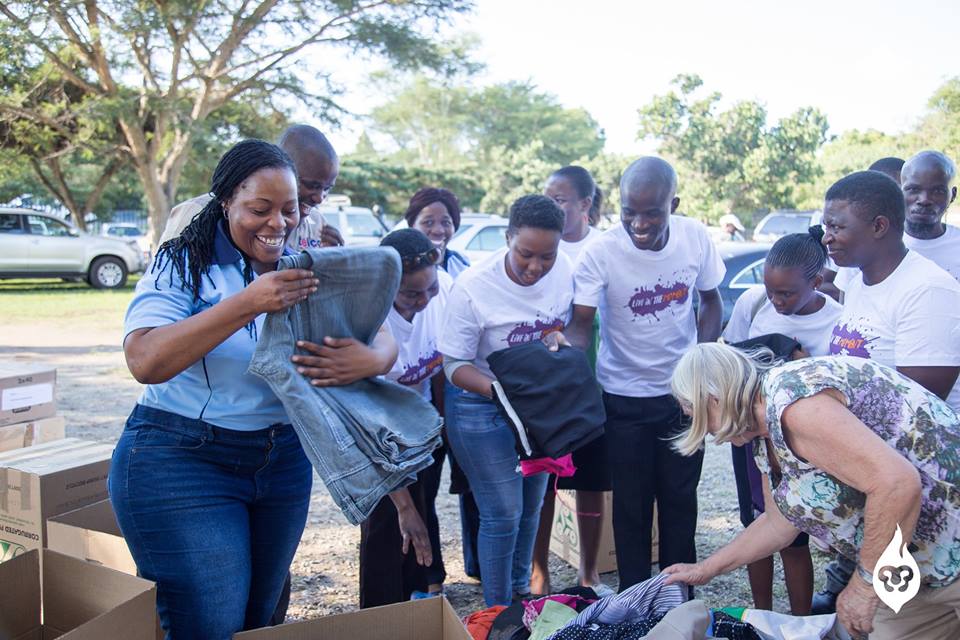
Huge numbers of volunteers worked with local charities to mobilise donations for Cyclone Idai victims © BLCK Media
Our planet’s climate continues to change and it’s upsetting to see the most vulnerable bear the worst of the devastating impacts. It’s worrying to know that this will not be the last time an event like this occurs at home, and it’s angering to know that this is something that leadership, not only in Africa but around the world, can take action on.
Climate change policy can no longer afford to be a side event to economic and social development in Zimbabwe and other African countries. The world needs to urgently act on its commitment to the Paris Agreement.
But as more volunteers and communities take action, I’m reminded that we are not helpless in all of this. People-powered movements are growing and demanding more climate action from governments and corporations than ever before.
Many are still in need of aid as the impact of Cyclone Idai slowly starts to be evident. Here are some organisations working to help those most affected:
- Save the Children
- Médecins Sans Frontières
- International Federation of the Red Cross and Red Crescent Societies
You can also take action and stand up for climate justice by joining the movement here.
Kudzayi Ngwerume is a content editor with Greenpeace International


